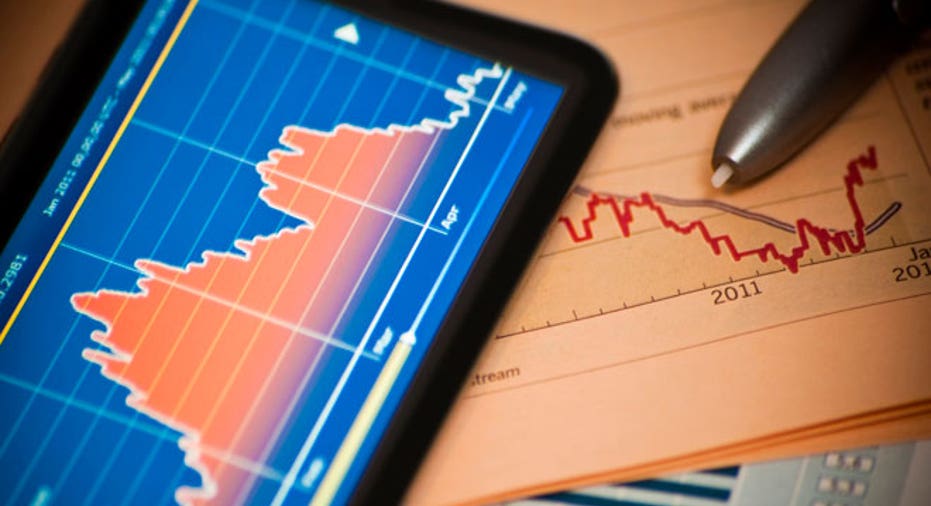What You Need to Know About ETFs

What's an ETF?
An ETF, or exchange traded fund, is a low cost way for investors to own a professionally-managed basket of stocks. It's like a mutual fund, but with a much lower management fee.
Because ETFs trade on exchanges like stocks, they can be bought and sold by anyone, at any time, through a broker or online trading account. By contrast, mutual funds typically cost more because they are marketed through sales forces. They are also less liquid because they can only be bought and sold after market hours.
"It's a mutual fund that's listed on the exchange that trades by the minute," said Frank Holmes, a fund manager who recently launched a global airline ETF that trades under the ticker symbol "JETS."
"ETFs provide instant liquidity," he said. "Investors seem more comfortable knowing they can sell at any time, or jump in."
ETFs first started in the 1990s, as investors looked for lower-cost alternatives to mutual funds. For the average investor, an ETF provides some diversification within a specific industry or sector. For example, Holmes' ETF "JETS" invests in only airline stocks.
Minyi Chen manages TrimTabs Float Shrink ETF, of Trim Tabs Asset Management based in Sausalito, California, which trades under the ticker symbol "TTFS." He said not only are ETFs typically less expensive for investors because there are no sales-related costs, but investors are charged based on how long they own the fund. So if you buy a fund and sell it after six months, the annual fee will be pro-rated to reflect the exact amount of time you owned it.
However, while the diversification of an ETF may help eliminate risk, some investment advisors say upside potential is also eliminated. An ETF is more likely to match market performance, rather than beat it, so it may not be appropriate for aggressive investors with a long-term time horizon.
Also, while the cost of owning an ETF is typically lower compared to a mutual fund, the cost is actually higher if compared to owning a basket of individual stocks, because there is a management fee, in addition to whatever a broker may charge you. There may also be some tax implications due to the intraday trading aspect of an ETF. As with all investment decisions, speak with your investment advisor when considering whether ETFs would be a sensible part of your portfolio.



















